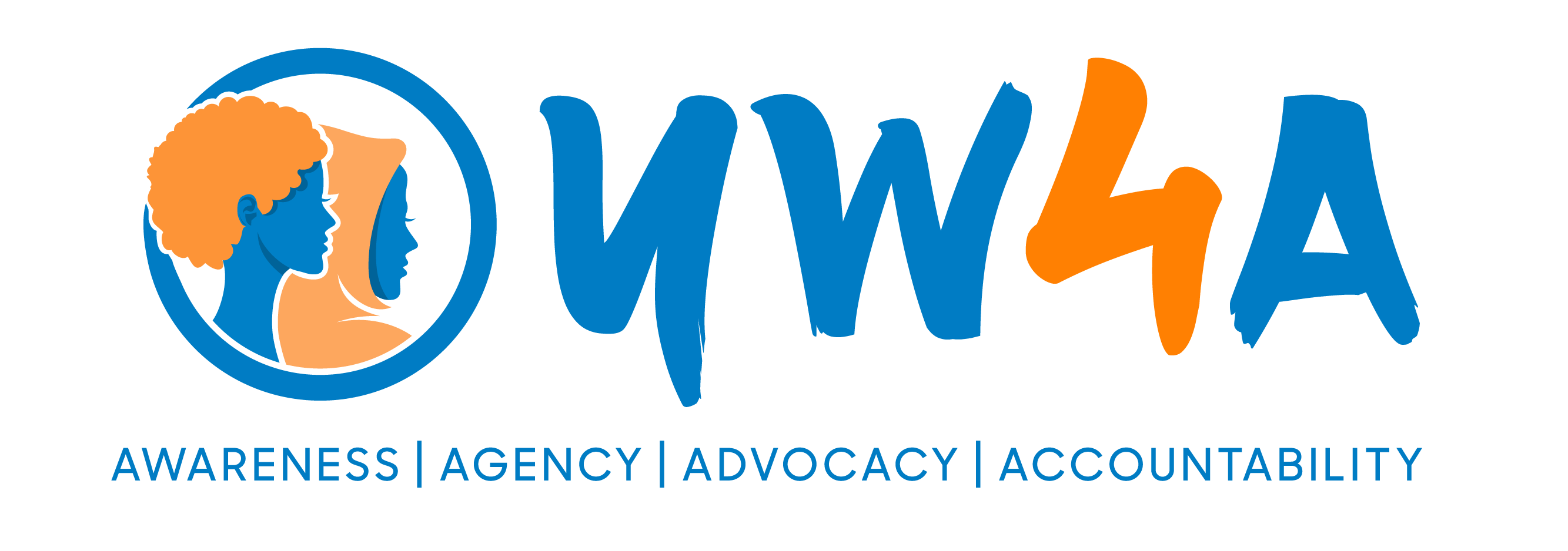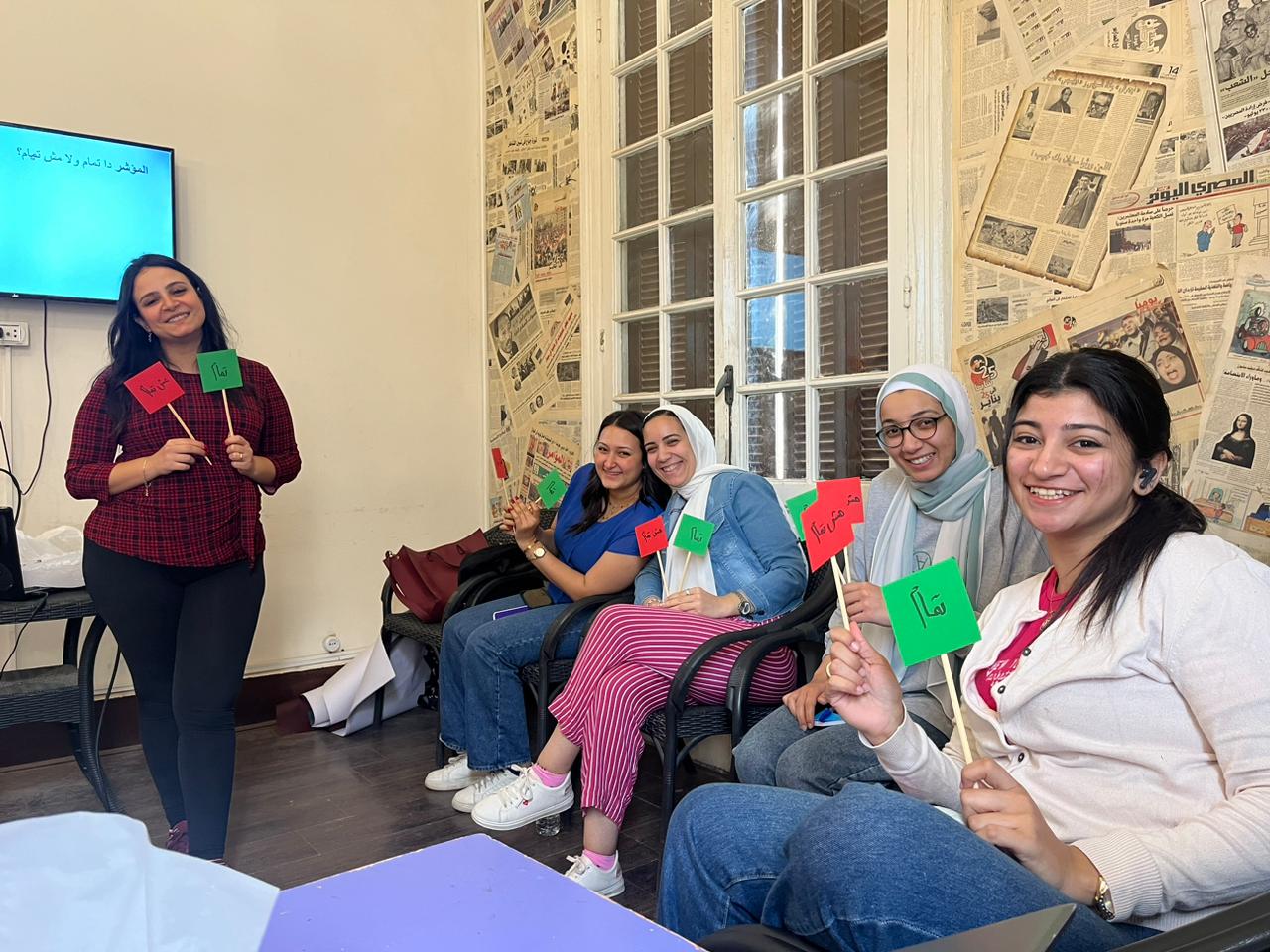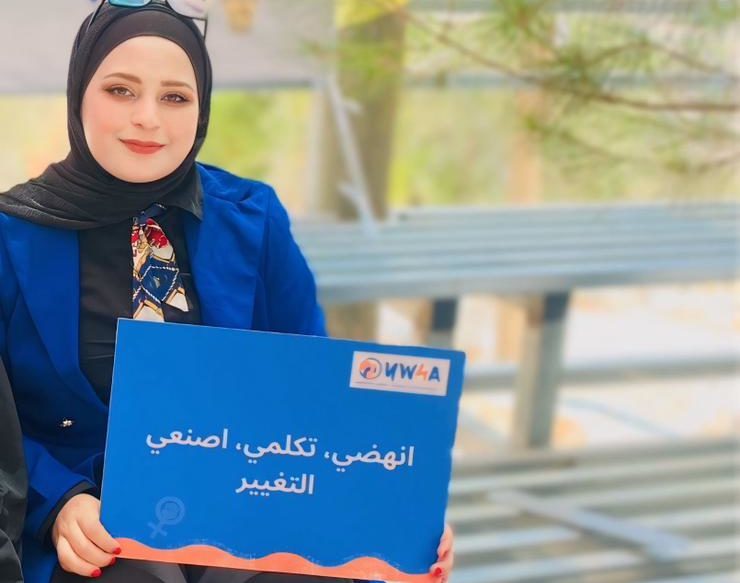The YW4A initiative in Kenya recognizes that efforts to mitigate violence in the community may face challenges if a strategy is blind to or insensitive to conflict. Consequently, YWCA Kenya ensures conflict sensitivity to emerging issues on the ground. The strategic integration of positive masculinities in community FEMspaces, schools, and churches is intended to embed conflict sensitivity into the program’s objectives, strategies, and activities.
Addressing the gender inequalities created by the empowerment of young women alone, the promotion of positive masculinities by WROs contributes to building more peaceful and inclusive societies.
Community concerns have arisen over civil society organizations (CSOs) working with the girl child potentially overlooking the needs of the boy child. In a reflection meeting with trainer of trainers (ToT) champions in May 2023, YWCA Kenya identified a concerning trend.
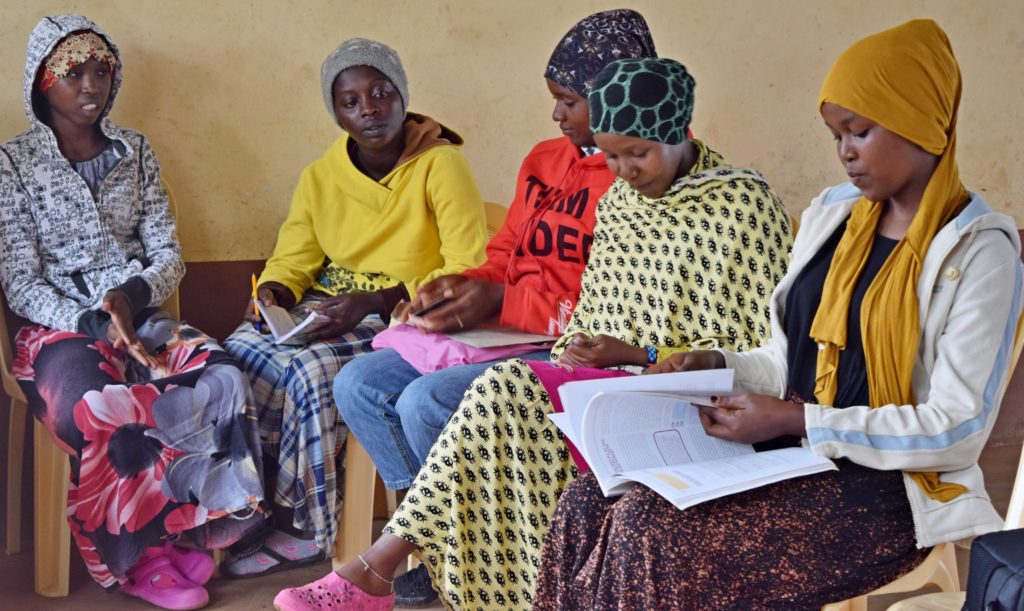
A significant number of young women in the programme, upon gaining awareness of their rights and agency, chose to leave their marriages. Unfortunately, in some areas, this led to the perception of the program as one encouraging marital dissolution. As a consequence, some young women were barred from future FEMspace sessions, and a few even faced physical abuse from their spouses.
In consultation with women’s rights organisations (WROs) and the Faith to Action Network, YWCA Kenya recognized the need for a more inclusive and participatory approach, involving male engagement, given their grievances. This approach aims to engage all relevant stakeholders and beneficiaries, considering cultural and contextual sensitivities while adhering to a do-no-harm principle. The goal is to achieve more effective and impactful outcomes. The transformative positive masculinities approach focuses on reshaping unequal gender norms and related behaviors and attitudes to foster more equitable relationships between young women and men.
The vision is for men and boys to adopt positive masculinities to ensure the safety and empowerment of young women.
Training sessions in positive masculinities have been conducted with young men, boys, and women in the community. These sessions use the Tearfund Transforming Masculinities training manual alongside the Transforming Masculinities Implementation Guide to raise awareness about the importance of being gender-responsive and address issues of SGBV and intimate partner violence within families and communities.
Positive masculinity is promoted at all levels—primary, secondary, and in the community—with no age restriction.
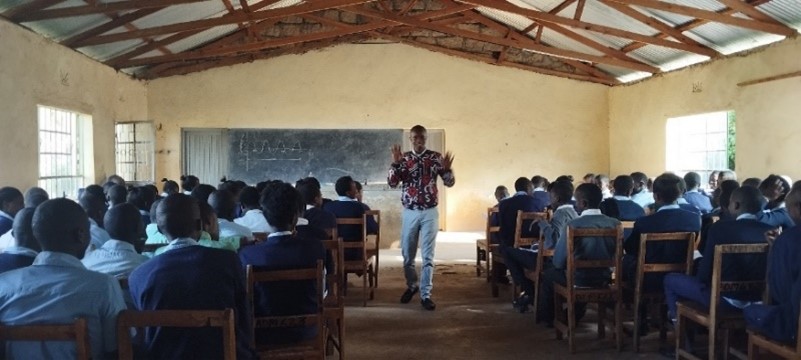
In Meru, sensitized young men and boys have shown understanding and support for young women and the WRO – Inua Mama Mjane (IMM) advocacy initiatives aimed at holding the county leadership accountable for commitments made on gender equality at the county level. Through transformative campaigns led by both IMM and a group of motorcycle transport riders, commonly known in Kenya as boda boda, the programme has observed the transformation of manly character from dominating to mutually respectful and dignifying for young women within this once-rowdy group.
The YW4A programme aims to replicate the Meru experience in the rest of the programme counties. Through these trainings, the goal is to re-establish male self-esteem, promoting improved social relations between men and women, changing stereotypes to redress imbalances and eradicate abusive tendencies among men. By sensitizing the community, the programme aims to end gender-based violence and achieve new male socialization.
The skills acquired in Positive Masculinity training will contribute to transformative masculinity and complement the role of policy and legislation in enhancing gender equality and protecting boys and girls from violence and abuse.
